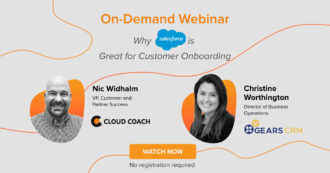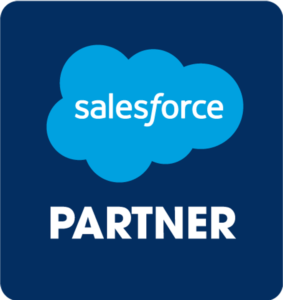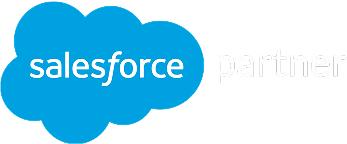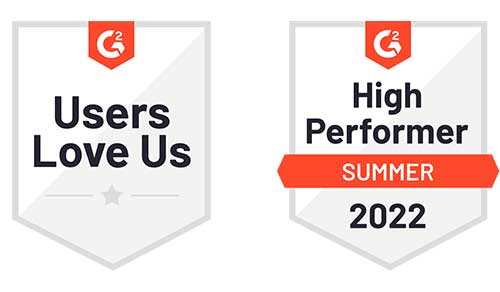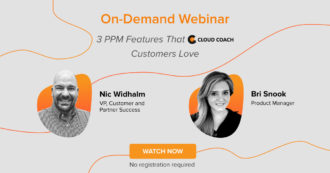 Webinar
Webinar
- Solutions
- Customer Onboarding
- Customer Success
- Professional Services Automation
- Project Management
- Project Portfolio Management
-
Solutions
-
Features
- Why Cloud Coach
- Customers
-
Resources

The biggest challenges for customer success teams are ensuring that customers are getting the most out of their product or service, and that they are satisfied with the level of service they are receiving. To achieve this, customer success teams must provide excellent customer service, have good communication with customers, and be able to quickly and accurately solve customer problems. Additionally, customer success teams must be proactive in helping customers get the most out of their product or service, and in providing support when needed.
Challenges are often what makes life and work worthwhile—it gets our heads thinking about solutions and are good workouts for the brain. In the case of customer success, we see no shortage of challenges that teams face no matter what vertical the business is in.
In fact, according to 2021 research from ChurnZero, ESG, and Higher Logic, these were all words that came up in high frequency when organizations were asked about what they wished they could be doing better regarding customer success.
With the “word cloud” method, the bigger the word is in the cloud, the more it was mentioned in the answers of respondents. Some directly relate to others, while some have unique issues. Let’s summarize those challenges below.
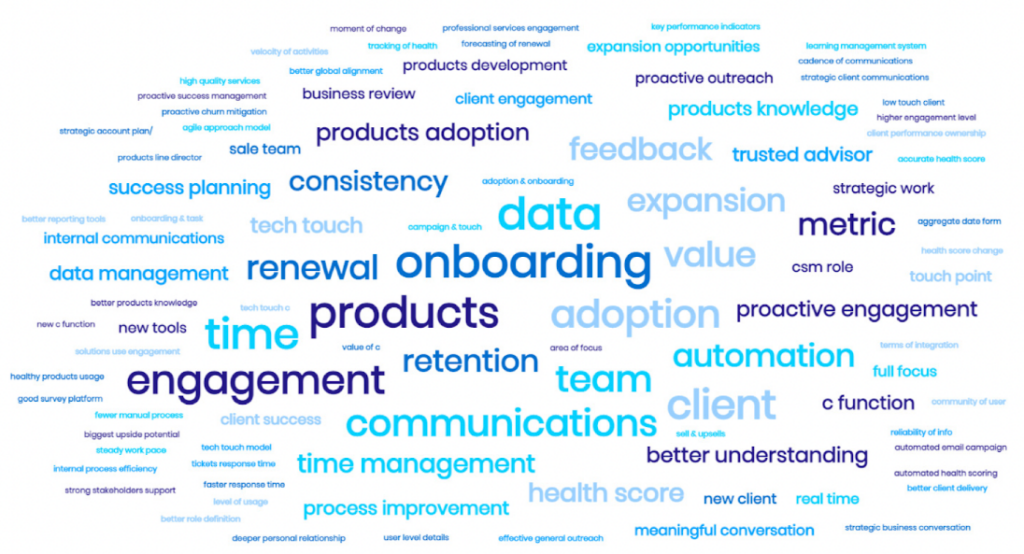
Customers not finding value in your product or service
One big challenge regarding customer success some business owners may find surprising is customers not finding value in your product or service. This is partially reflected in how customer retention was one of the key concerns in the word cloud above.
Customers will leave if they don’t think they’re getting good value. If a competitor is offering the same service as your business, most times the only deciding factor is pricing—which quickly becomes a race to the bottom where nobody wins.
The best way to combat this issue is to make sure your business is offering real value, a unique selling point. Having a unique selling point helps to promote solid branding, which offers the market consistent positioning and strong partnerships with customers.
Take SiteGround for example (which serves B2B and B2C customers). In a market filled with competitors offering essentially the same service (i.e. web hosting), how does SiteGround make it as one of the top service providers? The answer is a 24/7, top-rated support team.
Having a team of expert support staff on hand at any time of the day no matter where you are in the world is a feature many customers cite as being a huge value-add to the business and keeps them sticking around.
ADDITIONAL LINKS
Customers unsure of how to use your product or service
Relating to another frequent process in the word cloud research is onboarding. Without a proper onboarding process, customers can become lost and unsure of how to use your product or service to its full potential.
On this topic, Anders Rydholm said:
“I came up with my customer success strategy when I realized that my clients were getting lost in the process of using my product. They didn’t know how they were meant to use it, and they often didn’t understand why they needed to use it in the first place.”
This issue can become even harder to deal with when the product or service is technical or complex to use. By building a robust onboarding process, you ensure that you arm your customers with the best and most useful knowledge that encourages customer success.
—“I implemented my strategy by creating a series of onboarding emails that helped new users understand what they’re supposed to do, as well as why they need to do it. I also made sure that these emails were sent at the right time—not too soon, not too late.”
Another popular method of onboarding customers (particularly in Software as Service businesses) is having a “tutorial” built into the product that shows customers how to use it when they log in or create an account for the first time.
Of course, you can also create a “white glove” experience by offering your customers a live onboarding session or product demo with an in-house product expert like we do here at Cloud Coach.
Maintaining relationships with customers
Some other frequent words that came out of the word cloud research were engagement, communications, and consistency—all of which are related to maintaining relationships with customers.
To find out whether your customers are happy and successful in using your product or service, you need open lines of communication with them.
But how and when to communicate with your existing customers is a balancing act—talking to them too frequently risks coming across as “pushy” or annoying, while not enough communication can make your business seem uncaring or not valuing their custom.
However, establishing a regular schedule of communication with your customers comes with several benefits:
- Being able to address issues faster. Whenever someone complains about an issue with your product or service, others likely have the same problems but stay silent about it.
- Able to gather feedback. While you hope to not get complaints, regular communication also helps you find out what your customers think is going well—which you can use as testimonials. You can also get great ideas about where to take your product or service in the future from feedback.
- Helps you test new campaigns. You might have promoted your product or service with a specific feature in mind, but what if your existing customers are recommending and using a different feature more? You can shape that knowledge in the form of a new marketing campaign to attract new, diverse customers.
It’s common knowledge that in business, communication is key—not just internally, but with your customers too. Alongside the above benefits, great communication is what helps to maintain customer relationships, leading to being able to drive customer success.
Tracking customer usage
Somewhat related to maintaining customer relationships is being able to track customer usage. This can be a challenge for businesses that lack technology adoption within the business (more on this next), but also a lack of efficient data management that can bring up these insights.
Research from DOMO suggests that people produce and consume a mind-boggling amount of data every minute—for businesses this means there are tons of ways you can track this data, including customer usage of your product or service.
Which feature is getting more mileage? Are there areas of your service that customers aren’t using at all? These are questions that tracking customer usage can help answer—all of which helps to develop better services using data-backed evidence.
Adopting better technology
The last challenge to businesses (at least, on this list) looking to create a customer success strategy is adopting better technology to implement and maintain one. This is because in general people are resistant to change—even if the change is beneficial.
However, other concerns come specifically with a change in technology, namely:
- Competency. Will you or your employers be able to use the new technology effectively?
- Is it too much change? Many of us can cope with change that happens little by little, but if the shift is too great, it can often lead to too much disruption across the organization.
- It takes effort. Why create more work? Some might not like a beneficial change because of the effort it takes upfront to implement.
- Potential loss of service. To implement new technology, the process often involves shutting down existing systems during the transition to the new one—downtime that can result in loss of services for a short period. While migration from one system to another can be done with both active, it takes more planning and finesse.
For these reasons and more, technology can be a challenge for customer success. But overcoming those challenges (as well as the others on this list) ends up benefiting both your business and the customer in the journey towards customer success.
Helpful Resources
See Cloud Coach In Action
We’d be happy to provide a bespoke 1:1 demo on how Cloud Coach can benefit for your business.


















